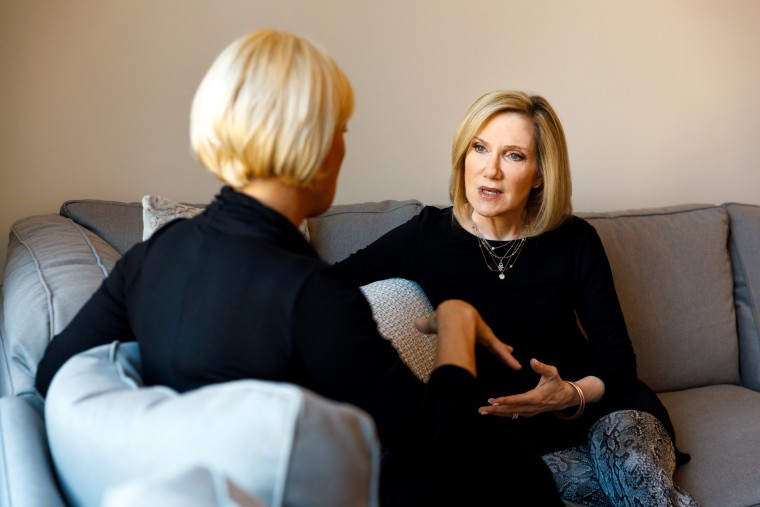All of us go on an emotional health journey throughout life. And two behavioral health concepts are a big part of this: self-confidence and self-esteem. While these terms are often lumped together as the same thing, they’re not.
For example, say you are in a brainstorming meeting at work, and your boss is distributing future tasks. A self-confident person with low self-esteem will typically volunteer for every part of the project, offering to help, and taking whatever assignments are needed to get the job done. She doesn’t feel sure of herself as a person, but knows she can deliver what is needed.
In contrast, the person with high self-esteem and low-confidence will work on aligning herself with the most exciting parts of the project, as part of a strong team, so she shines, but doesn’t feel personally accountable about her ability to deliver.
Understanding this difference can go a long way toward boosting a positive mental attitude.
Self-confidence is outward facing, the ability to interact successfully with the world around you. It’s built over time, with a defined set of skills and achievements you can rely on. It’s typically easier to build self-confidence than self-esteem, but the two are intertwined in different ways. For example, many people are very self-confident, but have low self-esteem.
Some signs of self-confidence:
-Appreciating and trusting your own abilities
-Not being afraid to be wrong
-Avoiding judging other people
-Confidence to deliver on commitments
-Asking for help when needed
-Adaptability and flexibility
Self-esteem is inward facing, an emotional and cognitive assessment of your own “worth,” of self-respect and how you value yourself. “I don’t feel good about myself” is often a phrase used by people struggling with self-esteem. Self-esteem issues shouldn’t be ignored, because it’s the filter through which your everyday life is lived, and the basis for how you interact with the world in both personal and work relationships. And not valuing yourself leads to negative behaviors, like the constant need to please, or always being submissive.
Some signs of positive self-esteem:
-Good grooming and lifestyle habits
-Avoiding negative self-talk
-Appreciating the skills of others
-Being able to say “yes” and “no” when you choose
-Accepting your shortcomings and limitations
-Resilience (ability to bounce back from disappointments or changes)
Building your self-confidence and/or self-esteem takes time. Think about the qualities you’d like to work on, and look for some practical solutions. Remember that it’s a process you refine and continue to develop throughout life.
Starting tip to boost self-esteem: Be accepting of yourself, and avoid comparing yourself to others.
Starting tip to boost self-confidence: Develop an “all of us are equal” mentality. Others are not better or more deserving than you.
Whether you open a discussion with a trusted family member or friend, or reach out for professional help with a therapist, counselor or support group – it can be a big step toward a happier life.
Madelyn Fernstrom, Ph.D. is the NBC News Health Editor. Follow her on Twitter @drfernstrom.
